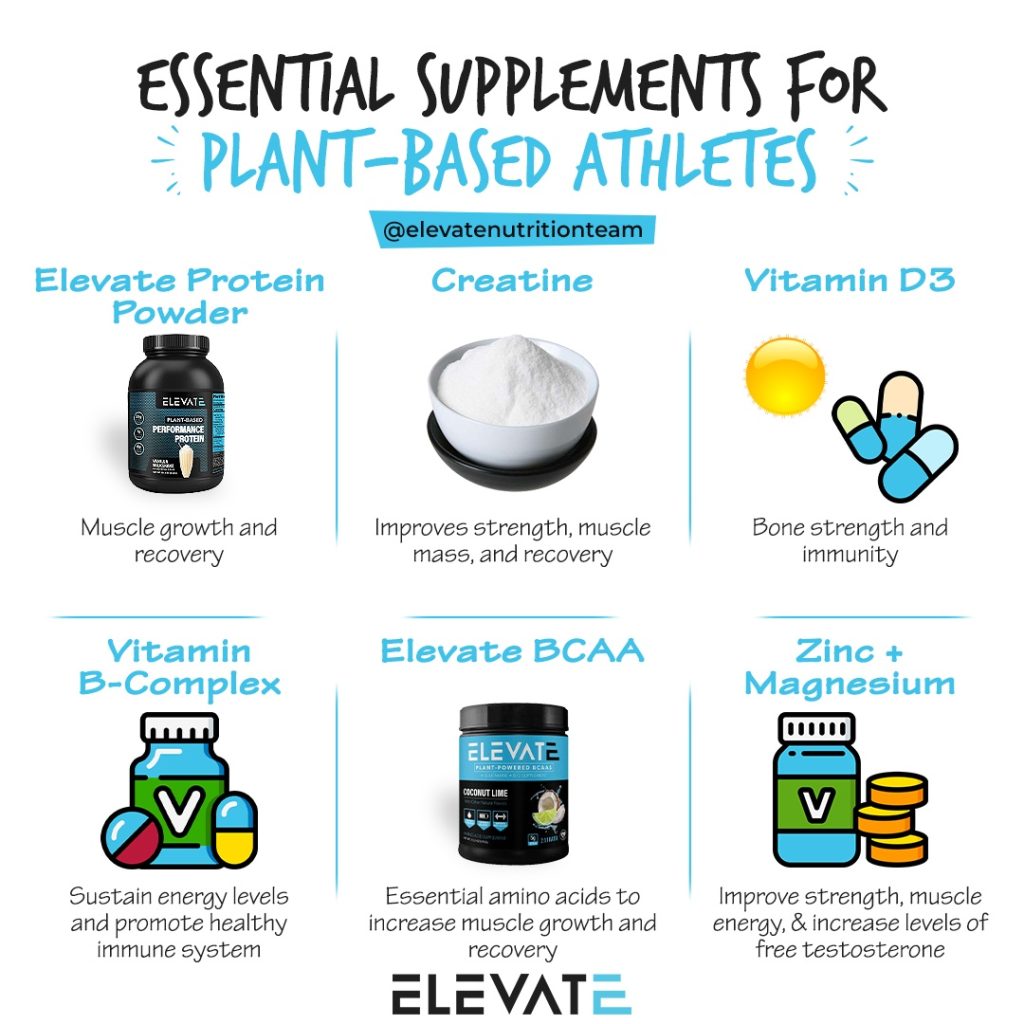Introduction
In today’s fast-paced world, having enough energy to keep up with our daily responsibilities is crucial. Whether you’re a busy professional, a dedicated athlete, or a parent juggling multiple tasks, maintaining high levels of energy is essential for staying productive and healthy.
One way to boost your energy levels and support your body’s recovery process is through the use of vitamins. Vitamins are essential nutrients that our bodies need to function properly, and some vitamins are particularly beneficial for increasing energy and aiding in the recovery process. In this article, we will explore some of the best vitamins for energy and recovery, and how they can help you feel your best every day.
Vitamin B12
One of the most important vitamins for energy production is vitamin B12. This vitamin plays a crucial role in the body’s ability to convert food into energy, and a deficiency in vitamin B12 can lead to fatigue and low energy levels. Vitamin B12 is also important for nerve function and the production of red blood cells, which carry oxygen throughout the body.
Some people are at a higher risk of developing a vitamin B12 deficiency, such as vegetarians and vegans who do not consume animal products, as well as older adults who may have trouble absorbing the vitamin from food. Taking a vitamin B12 supplement can help ensure that you are getting enough of this vital nutrient to support your energy levels and overall health.
Vitamin D
Vitamin D is known as the sunshine vitamin because our bodies can produce it when exposed to sunlight. However, many people do not get enough sun exposure to meet their vitamin D needs, especially during the winter months or for those who live in northern latitudes. Vitamin D is essential for bone health, immune function, and mood regulation, but it can also help boost energy levels.
Research has shown that vitamin D deficiency is associated with fatigue and low energy levels, so making sure you are getting enough of this vitamin is important for maintaining optimal energy levels. Adding a vitamin D supplement to your daily routine can help support your energy levels and overall well-being.
Vitamin C
Vitamin C is well-known for its immune-boosting properties, but it is also important for energy production and recovery. This vitamin is a powerful antioxidant that helps protect cells from damage caused by free radicals, which can contribute to fatigue and low energy levels. Vitamin C is also essential for collagen production, which is important for tissue repair and recovery after exercise.
Athletes and active individuals can benefit from taking a vitamin C supplement to support their recovery process and help reduce muscle soreness. Vitamin C can also help improve iron absorption, which is important for maintaining energy levels. Including plenty of vitamin C-rich foods in your diet, such as citrus fruits, bell peppers, and leafy greens, can help ensure you are getting enough of this important nutrient.
Vitamin E
Vitamin E is another powerful antioxidant that can help support energy levels and aid in the recovery process. This vitamin helps protect cells from damage and inflammation, which can occur during intense exercise or periods of high stress. Vitamin E is important for maintaining healthy skin, hair, and nails, but it can also help reduce muscle soreness and promote faster recovery.
Adding a vitamin E supplement to your daily routine can help support your energy levels and overall well-being. Including vitamin E-rich foods in your diet, such as nuts, seeds, and vegetable oils, can also help ensure you are getting enough of this important nutrient to support your recovery process.
Magnesium
Magnesium is a mineral that is involved in over 300 enzymatic reactions in the body, including energy production and muscle function. This mineral is important for maintaining optimal energy levels, as it helps convert food into energy and supports the function of the mitochondria, which are the powerhouses of the cells. Magnesium is also important for muscle relaxation and recovery after exercise.
Many people are deficient in magnesium due to poor dietary intake and increased stress levels, which can deplete magnesium stores in the body. Taking a magnesium supplement can help support your energy levels, reduce muscle cramps and tension, and promote faster recovery after exercise. Including magnesium-rich foods in your diet, such as nuts, seeds, and leafy greens, can also help ensure you are getting enough of this important mineral.
Conclusion
Maintaining high energy levels and supporting your body’s recovery process is essential for staying healthy and productive. By including the best vitamins for energy and recovery in your daily routine, you can help ensure that you have the nutrients your body needs to function optimally. Vitamin B12, vitamin D, vitamin C, vitamin E, and magnesium are all important vitamins and minerals that can help boost energy levels, support the recovery process, and promote overall well-being.
Remember to consult with a healthcare professional before starting any new supplement regimen, especially if you have any underlying health conditions or are taking medications. By incorporating these essential vitamins into your daily routine, you can feel your best every day and tackle whatever challenges come your way.


